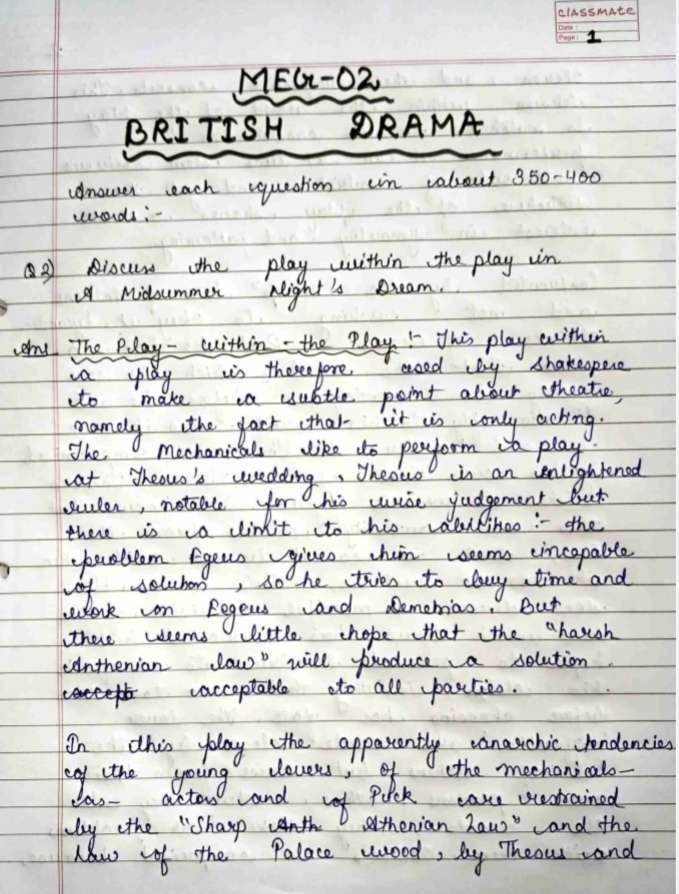Crucial Tips for Securing Approval of Your IGNOU Synopsis
페이지 정보

본문
Preparing a winning synopsis for IGNOU project report can be challenging, but with the right strategy, you can greatly improve your chances of acceptance. This comprehensive guide provides tested tips to help you create an outstanding synopsis that meets all university requirements.
Understanding the IGNOU Synopsis Approval Process
Before we dive into the strategies, it's important to understand how the review process works:
- Your proposal is assessed by subject experts
- Reviewers look for precision, innovation, and practicality
- The process typically takes 4-8 weeks
- You may receive comments for modifications
- Ultimate approval is required before starting your research
20 Powerful Tips for IGNOU Project Proposal Approval
1. Select Your Subject Wisely
A carefully selected topic is the cornerstone of a successful synopsis:
- Ensure it aligns with your course objectives
- Select a topic that is significant to your discipline
- Avoid overly broad or too specialized topics
- Consider feasible aspects like resource access
2. Follow the Official Structure
IGNOU has particular structural guidelines:
- Use the correct font (Times New Roman/Arial, 12pt)
- Maintain appropriate spacing (1 inch, 1.5 line spacing)
- Include all mandatory components
- Number pages properly
3. Write a Clear and Focused Title
Your title should:
- Be precise yet informative
- Typically contain 10-15 words
- Clearly reflect your study objectives
- Avoid technical terms that may mislead reviewers
4. Formulate a Strong Problem Statement
The problem statement is the core of your proposal:
- Clearly define the issue you're addressing
- Explain why it's worth studying
- Show how it addresses a gap in existing knowledge
- Keep it specific and investigable
5. Establish Well-defined Objectives
Your research objectives should be:
- Specific, Quantifiable, Attainable, Pertinent, and Time-specific (SMART)
- Limited to 3-5 primary objectives
- Aligned with your research questions
- Written using action verbs ("to analyze", "to evaluate", "to examine")
6. Formulate Appropriate Research Questions
Effective research questions should:
- Directly connect with your objectives
- Be researchable within your timeframe
- Be exploratory enough to allow analysis
- Number between 3-5 main questions
7. Conduct a Comprehensive Literature Review
A substantial literature review:
- Demonstrates your knowledge of the field
- Identifies key research in your area
- Shows the development of thought on your topic
- Clearly establishes the research gap your study will fill
8. Design a Robust Research Methodology
Your methodology section should be:
- Appropriate for answering your research questions
- Detailed enough to be replicable
- Feasible given your resources
- Morally sound in approach
9. Explain Your Research Choices
Don't just state your methods - clarify why you chose them:
- Why your approach is best suited
- Why your data collection technique is ideal
- How your tools will properly address your questions
10. Address Potential Limitations
Every study has limitations - identifying them shows academic maturity:
- Time constraints
- Resource availability issues
- Approach constraints
- Population limitations
11. Outline Expected Results
Your synopsis should indicate what you anticipate to find:
- Potential results based on your preliminary research
- How these outcomes might contribute to the field
- Practical implications of your research
12. Ensure Academic Tone and Clarity
Your writing should be:
- Professional yet clear
- Concise without being vague
- Objective and well-supported
- Free from grammatical errors
13. Employ Correct Citation and Referencing
Proper citations are crucial for:
- Avoiding plagiarism
- Demonstrating scholarly thoroughness
- Allowing readers to verify your sources
- Use one consistent citation style throughout
14. Maintain Within Prescribed Word Limits
The university typically expects:
- 5-10 pages for the synopsis
- 1000-2000 words total
- Check your particular program requirements
15. Get Feedback Before Submission
Before submitting, consider getting input from:
- Your academic supervisor
- Area experts
- Peers who have successfully completed the process
16. Address Feedback Thoroughly
If you receive comments for improvement:
- Consider all feedback objectively
- Modify your proposal accordingly
- Don't take criticism personally - it's part of the academic process
17. Submit Before the Deadline
Timely submission is important because:

- It shows your commitment and seriousness
- Allows time for potential revisions
- Prevents rushed errors
18. Be Ready for Possible Modifications
Many proposals require some changes before finalfinal approval:
- Don't be discouraged by requests for revision
- Respond to all comments systematically
- Resubmit within the given timeframe
- 이전글미래의 우리: 기술과 혁신의 역할 25.06.05
- 다음글AV탑걸 최신 주소 확인 사이트 - AV탑걸 우회접속 - AV탑걸 공식 사이트 바로가기 - AVxkqrjf 25.06.05
댓글목록
등록된 댓글이 없습니다.
